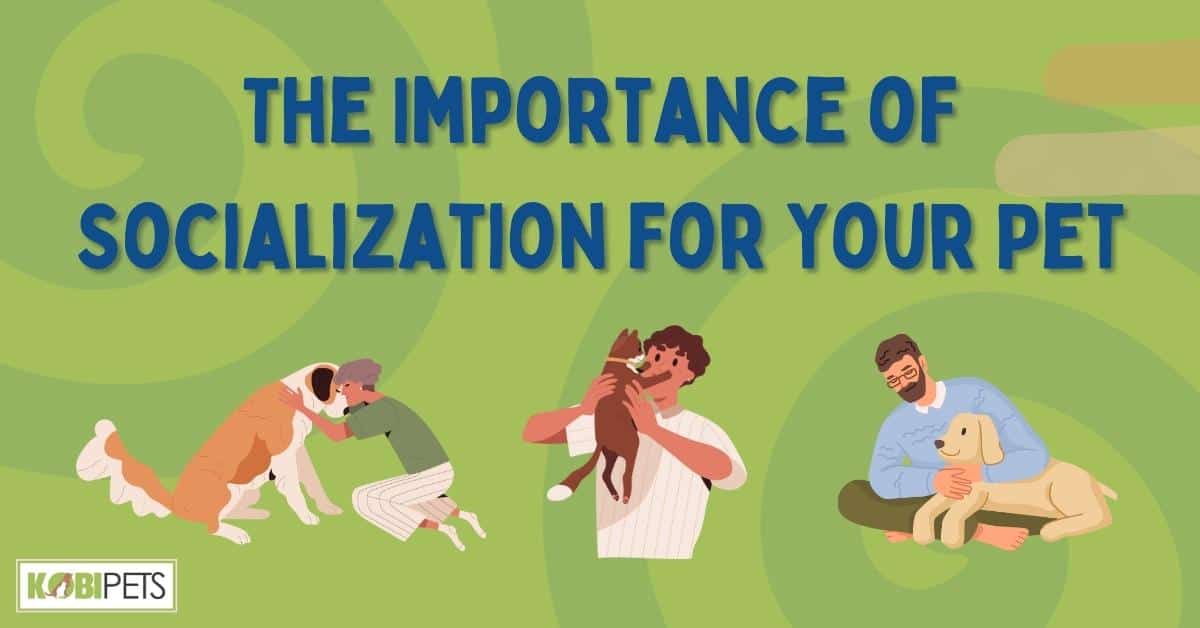
Socialization is one of the most important aspects of owning a pet. It goes beyond bonding and having fun together; it shapes their behavior and psychology in the wider world.
Socialization is crucial for pets as it helps them build positive relationships with humans and other animals, reduces the likelihood of behavioral issues, and promotes mental stimulation. A well-socialized pet is more likely to be adaptable, resilient, and welcomed in public spaces, contributing to their overall well-being and happiness.
Regardless of whether you have a puppy or a full-grown adult dog, consider dedicating some time to get your loving pet comfortable in all the environments they may encounter.
What is socialization for pets?
Socializing your pet is a very important part of responsible pet ownership. It is the process by which they learn how to live and interact with other animals and humans in a safe, controlled environment.
Not only does this help create well-adjusted pets that are safer around people and other animals, but it also helps them feel more secure and confident when confronted with new situations.
Socializing young puppies or kittens ensures that they become used to being handled by humans so that any veterinarian visits and grooming procedures can be done without too much stress for both you and your pet.
Additionally, socializing them with other animals will also prevent aggression toward strange cats or dogs, making walks less stressful for everyone involved.
The process of socialization should start as soon as possible so that any potential behavioral issues can be avoided.
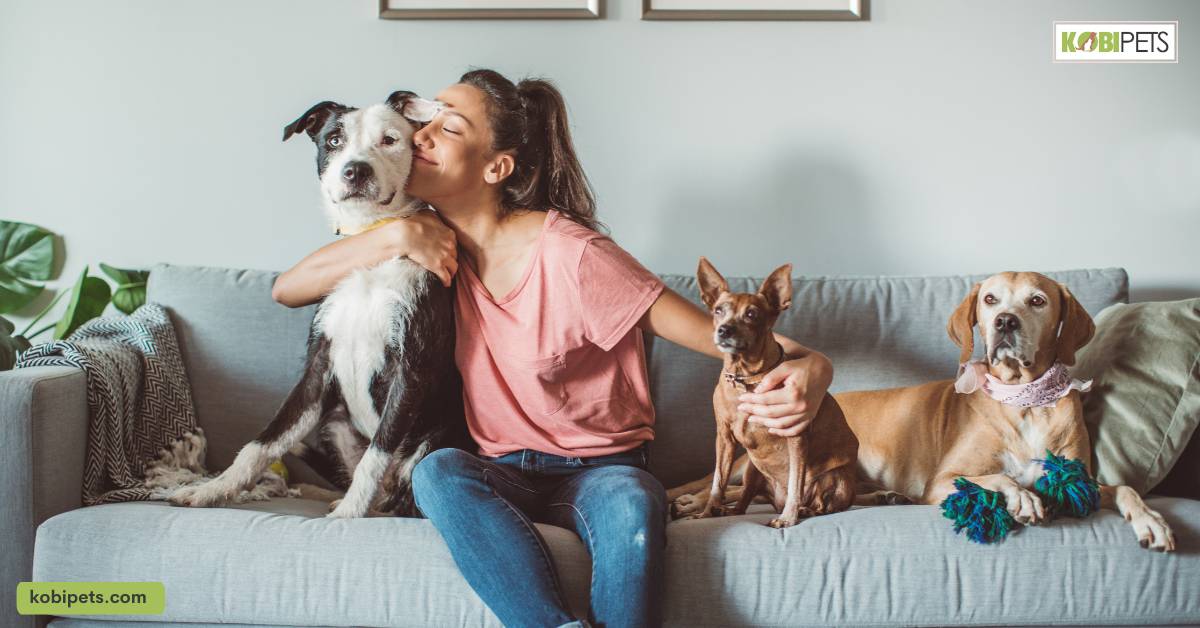
The Importance of Socialization for Your Pet
Socialization is crucial for pets to develop the necessary skills to interact with other animals and humans successfully.
It refers to the process of exposing your pet to different environments, people, and animals, helping them become well-adjusted and confident. Here are some reasons why socialization is essential for your pet:
- It helps them build a positive relationship with humans and other animals, reducing the likelihood of fear, anxiety, or aggression.
- Socialized pets are less likely to develop behavioral issues, such as separation anxiety, destructive behavior, or excessive barking.
- Socialization promotes mental stimulation, reducing boredom and improving your pet’s overall well-being.
- It increases your pet’s adaptability, making them more resilient to changes in their environment or routine.
- A well-socialized pet is more likely to be welcomed in public spaces, such as parks or restaurants.
Socialization is vital for pets to live healthy, happy life. It helps them develop the necessary skills to interact positively with their environment and reduces the likelihood of behavioral issues.
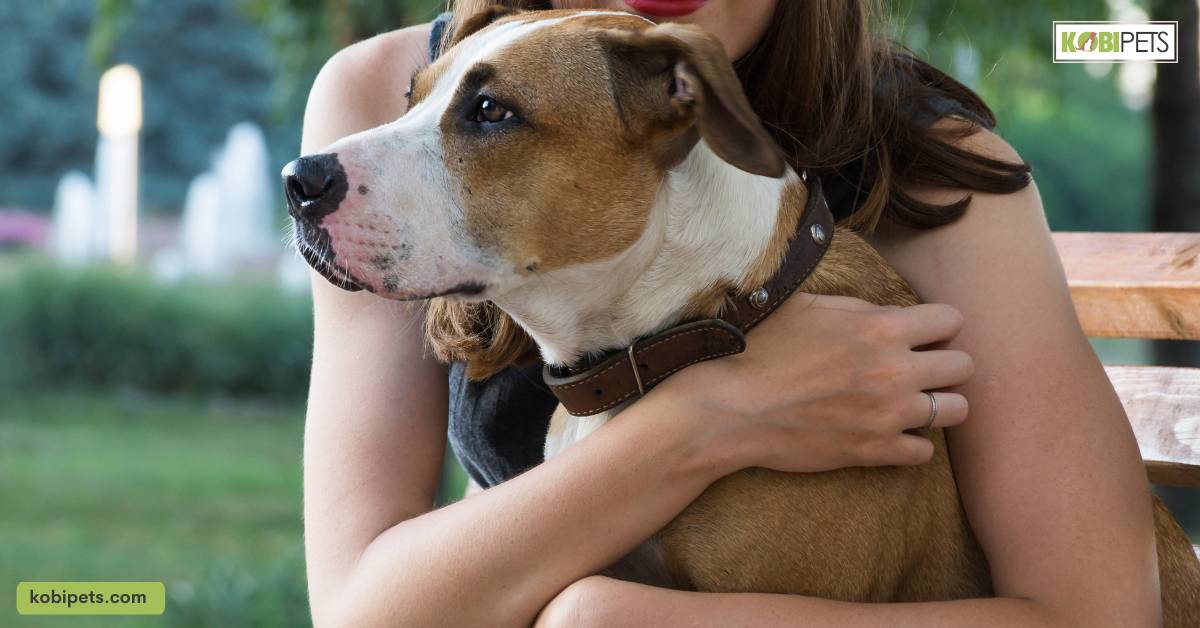
Benefits of socialization for pets
Socializing your pet is a critical part of pet development that can have long-lasting benefits for both you and your pet.
It not only helps them learn how to interact with people, other animals, and their environment but also teaches them important life skills such as proper behavior in various situations.
- Develops their confidence and trust in humans
- Reduces fear of new environments, people, and animals
- It allows them to adapt more easily to change
- Can prevent aggression toward strangers or other pets
- Helps them learn proper behavior through positive reinforcement
- Increases their overall happiness both at home and out on adventures with you!
- Helps build stronger bonds between pet and owner.
Socializing your pet can help reduce stress and anxiety, create a safe and secure environment for you both, and ensure that they reach their full potential.
With the right socialization techniques and strategies, you can help foster a happy, confident pet that is a joy to be around!
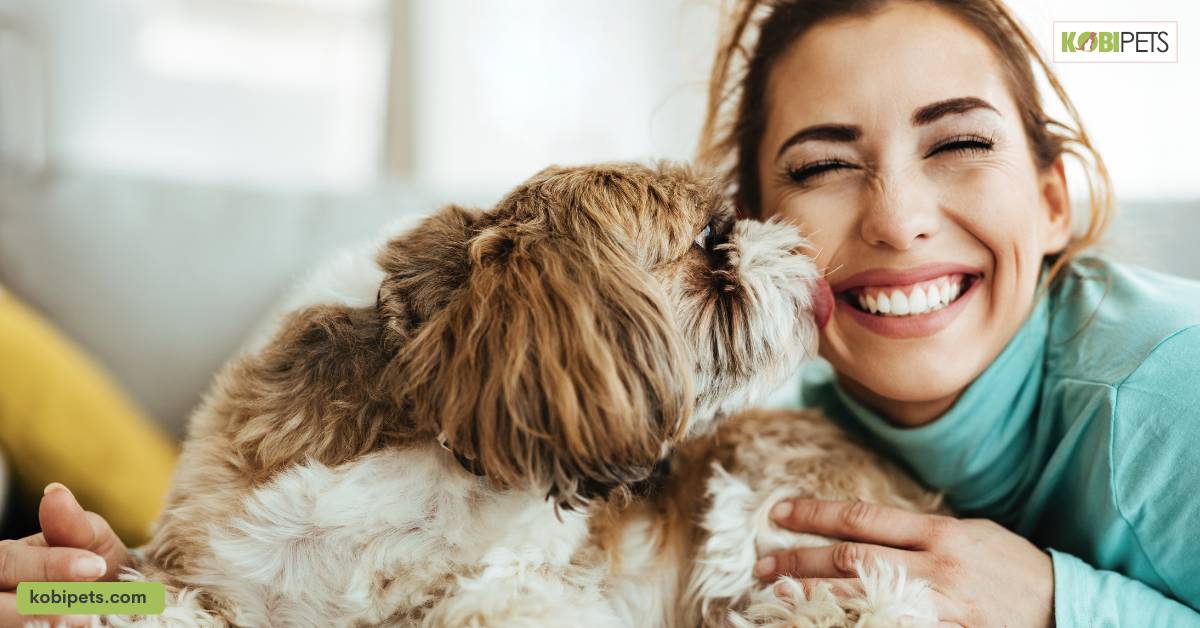
When to start socializing your pet
It is important to start socializing with your pet when they are young, as this is when they learn the most. The first few weeks of a puppy or kitten’s life are a critical window for their development, and during this time you should introduce them to different people, places, and animals positively.
This will help your pet become familiar and comfortable with anything they may encounter in their life.
Socialization should continue through adulthood to ensure that your pet remains confident, trusting, and well-adjusted. As they get older, expose them to different environments such as parks, pet stores, or other public places.
If possible, introduce them to new animals or people in a safe, relaxed atmosphere. Consistent and positive reinforcement can help reinforce good behaviors and create an enjoyable experience for everyone involved.
Socializing your pet is an important part of responsible pet ownership that can have long-lasting benefits for both you and your furry friend.
Whether you are introducing them to new experiences or reinforcing existing ones, the process should start as soon as possible and continue throughout their lives.
With the right strategies and techniques, you can help create a happy and secure environment for both of you!
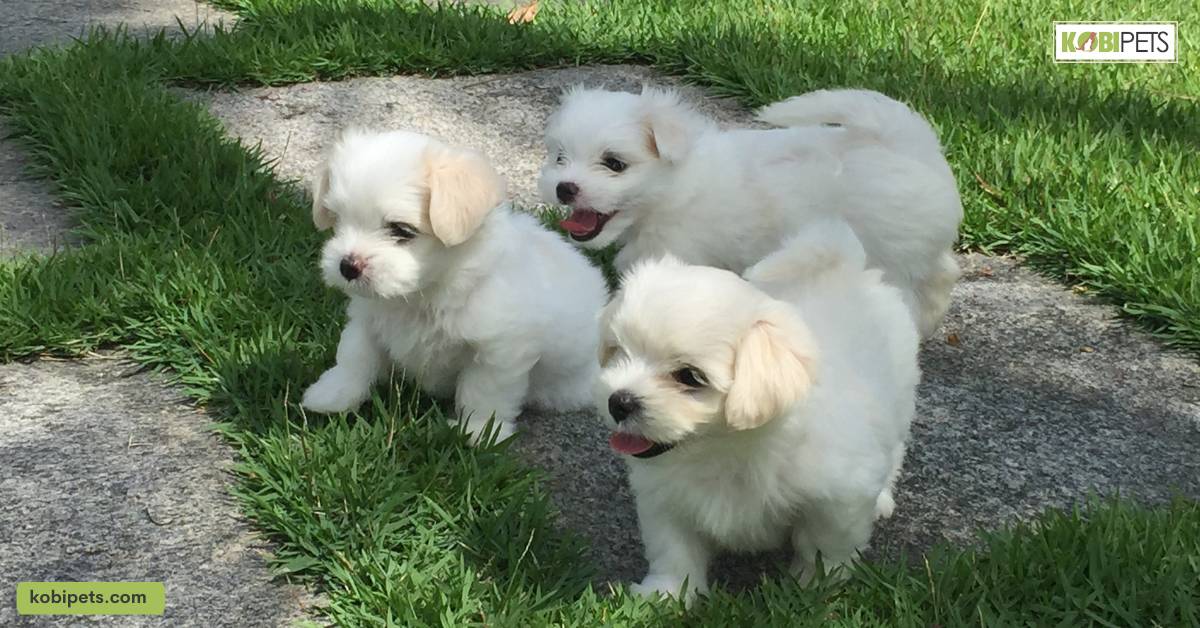
Socialization tips for different types of pets
No matter the type of pet you have, socializing them is an important part of responsible pet ownership. However, different types of pets require different strategies and techniques. Here are some tips to help you get started:
Cats
For cats, start by introducing them to different people in a safe environment such as your own home. Get them used to being touched, groomed, and handled by different people.
You should also introduce them to other cats or dogs in a controlled environment with plenty of food treats available as rewards.

Large Breed Dogs
For large breed dogs, start by getting your pet used to walking around on a leash and following basic commands such as “sit” and “stay.” You should also introduce them to other people and animals in a controlled environment, such as a dog park or pet store. Always carry plenty of treats for positive reinforcement.
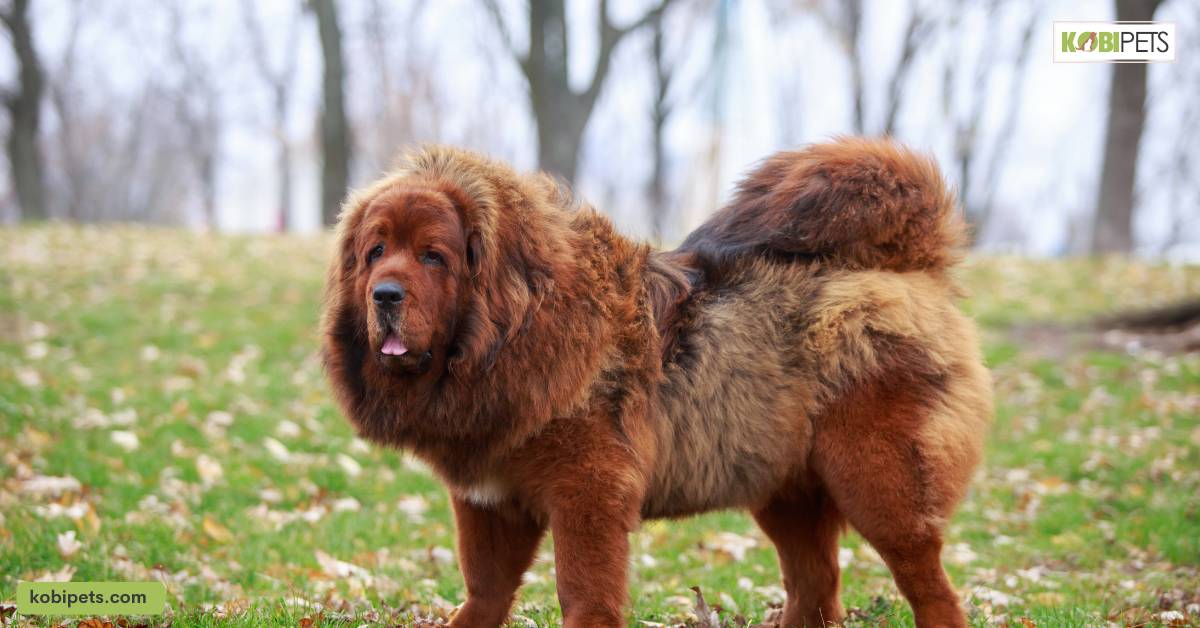
For small-breed dog
For small-breed dogs, use games and toys to help socialize them. Introduce them to different people and animals in quiet environments with plenty of rewards.
You should also encourage your pet to explore new terrains and familiarize themselves with different sounds, smells, and textures.
Socializing your pet is an important part of responsible pet ownership that can have long-lasting benefits for both you and your furry friend.
With the right strategies and techniques, you can help create a happy and secure environment for both of you!
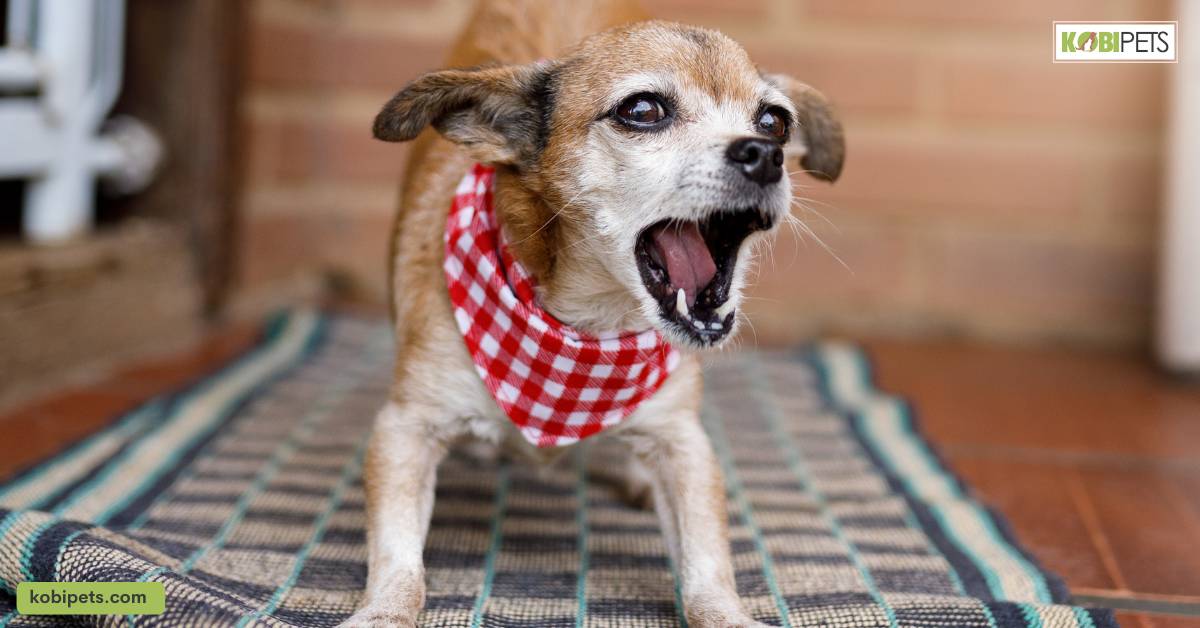
Common mistakes to avoid when socializing your pet
Socializing your pet is an essential part of their development, and it’s crucial to start early. However, there are some common mistakes that pet owners make when socializing their pets. Here are a few of them:
- Rushing the process: Socialization is a gradual process and rushing it can be overwhelming for your pet. Take your time and go at their pace.
- Lack of consistency: Socialization requires consistency, and if you don’t commit to it, your pet may not learn the necessary skills.
- Not exposing your pet to different environments: Your pet needs to experience different environments and people to become well-rounded.
- Overwhelming your pet: Too much socialization in a short period can be overwhelming for your pet. Be sure to give them breaks.
- Not being cautious: Always supervise your pet when socializing, especially with new people or other animals.
- Forcing your pet to interact: Forcing your pet to interact can create a negative experience, making it harder to socialize with them in the future.
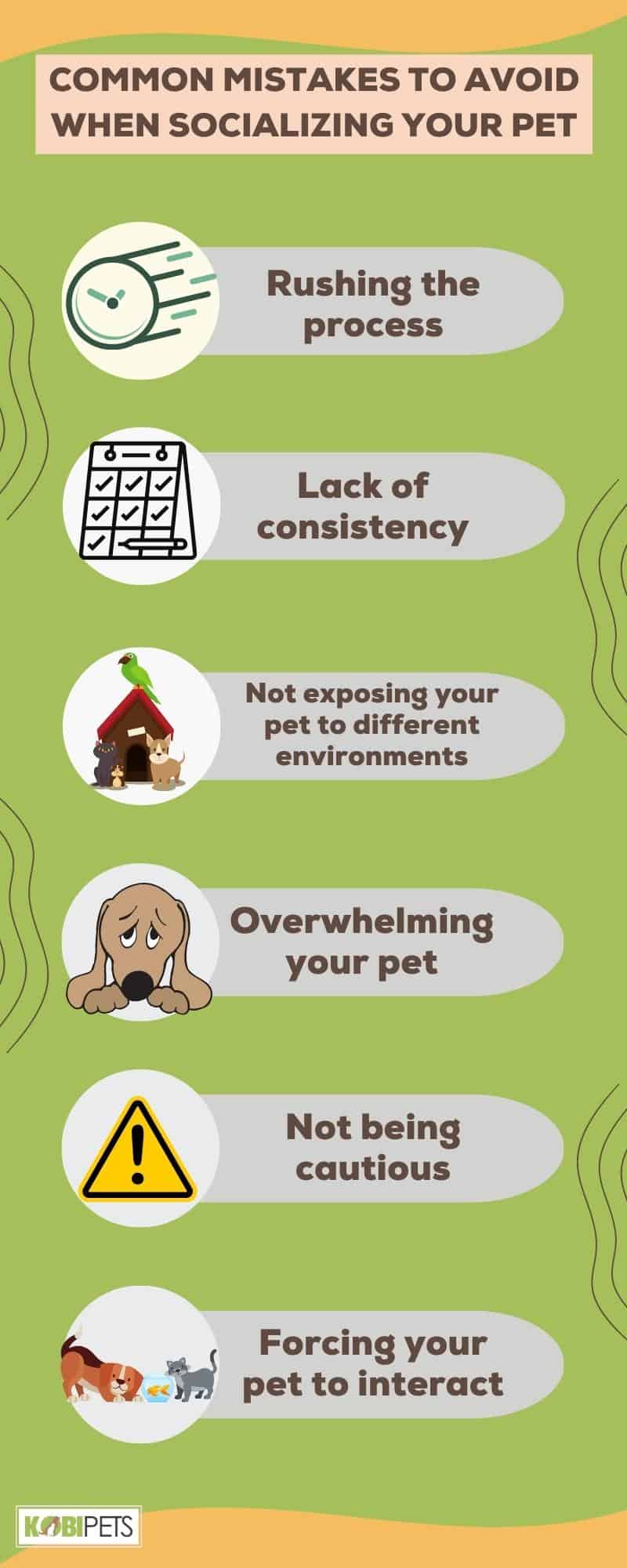
Common Mistakes to avoid when socializing your pets
In conclusion
After all, is said and done, it’s clear that socialization for your pet is an essential part of their overall health and well-being.
Allowing them to learn how to interact with others can help them become more confident, and understanding the different rules and expectations of behavior from humans.
By exposing your pet to appropriate social interactions, you create a positive environment for them to grow. Socialization also helps owners better acquaint themselves with their pet’s behaviors, allowing for much better communication.






